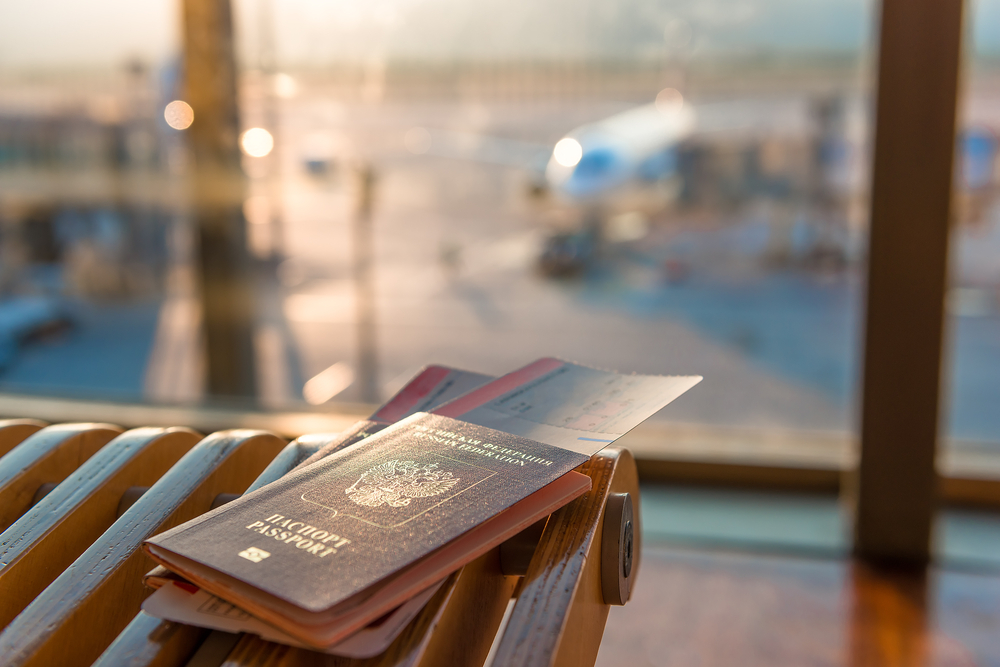The United States had a strange year in 1865. The Civil War had just ended, but Abraham Lincoln, the man who gave it moral purpose, was dead — felled by an assassin’s bullet. His replacement, Andrew Johnson, was sympathetic to the South, leading to a bitter political conflict with Congress and his Cabinet. To many, it appeared that the brutal sacrifices of the previous four years would come to nothing.
To make matters worse, demobilized Union soldiers were flooding back into the Northeast, looking for work or trying to revive their farms. The economy was in a nosedive, as federal procurement wound down.
Above all, there was a sense that the old America, and it’s quality of life, was dead. In the midst of this, Horace Greely wrote in a July 13, 1865 New York Tribune editorial that the American East “… is not a place to live in. The rents are high, the food is bad, the dust is disgusting and the morals are deplorable. Go West, young man, go West and grow up with the country.”
We are currently in another strange year for the U.S. Our political system is in turmoil, our Constitution is under strain and we await the day when our markets and currency collapse under the weight of debt and overvaluation.
Alas, the U.S. West is long since full. Where do we go now?
“The World’s Mine Oyster”
In my early years in South Africa, I got to know a lot of “when-we’s” — ex-Rhodesians who’d fled the country as it became Zimbabwe in 1980. In the mid ‘80s, South Africa was falling apart at the seams. I recall asking a when-we acquaintance where he planned to go next — Antarctica? After all, it was the next stop on the way south. The fellow laughed bitterly, but he got my point: At some point, you can’t run any farther, and you just have to make the best of it.
Fortunately, as Americans, we have a lot more options than my Rhodesian friend. If you can manage the matters of money and eligibility, there are many places in the world one could go to escape. As Pistol put it to Falstaff in The Merry Wives of Windsor … the world’s your oyster.
So where does one go, if so inclined?
Human resources consultancy Mercer has just released its annual quality of life rankings — an assessment of political, social, economic and cultural factors, as well as medical and health considerations, schools and education, public services and transportation, recreation, consumer goods, housing and the natural environment. Its top 23 cities are:
- Vienna
- Zurich
- Auckland
- Munich
- Vancouver
- Dusseldorf
- Frankfurt
- Geneva
- Copenhagen
- Sydney
- Amsterdam
- Wellington
- Berlin
- Bern
- Toronto
- Melbourne
- Ottawa
- Hamburg
- Luxembourg
- Stockholm
- Brussels
- Perth
- Montreal
Deconstructing Quality of Life
Several things jump out from the list above.
The first is that all these cities are in countries that are, in U.S. rhetorical terms anyway, “socialist.” Every one of these countries provides high-quality public services, social insurance and public health care. Yet they all have stronger economies and higher standards of living than any city in the U.S.
The second striking fact is that no city in the U.S. or the U.K. made the cut. Canada, Australia and New Zealand are doing something that their older English-speaking cousins aren’t.
Third, despite the horror stories we hear about the euro zone and waves of refugees washing over the continent, Europe is still a pretty nice place to live, especially if you are in a Germanic or Nordic region.
What are we to make of this?
There are many ways you could approach it, but this list tells me that the things U.S. politicians tell us will make us happy and prosperous don’t really seem to matter — quite the opposite, in fact.
As long as they are managed well, taxpayer-funded public services don’t turn countries into bankrupt socialist hellholes. Anyone who has visited many of those cities (as I have — about half) will tell you that public transportation, postal services, Internet service, sanitation and public safety — just to pick at random — are vastly superior to any place in the U.S. We’re not even close.
Choosing an Oyster Closer to Home
Sovereign Society members who’ve migrated to places in Latin America that have similar public services usually report being quite happy with them, even if they’re not on European levels. Nobody who has actually lived in places like Uruguay or Colombia has ever complained to me that their principles are so offended by functional non-market public services that they’d prefer to return to the U.S.
That tells me that (a) the key to quality of life is in the living, and (b) the issue isn’t how big government is, but whether it does its job well.
As we barrel towards an election that seems likely to make either an authoritarian buffoon or an untrustworthy elitist our president, now is a great time to put aside ideology and focus on what’s important. And I can’t think of a better place to do that than our upcoming conference in Uruguay … the “Switzerland of South America.”
After all, you could do a lot worse.
Kind regards,

Ted Bauman
Offshore and Asset Protection Editor









